12 May 2020 marked 200 years since Florence Nightingale’s birth. To celebrate this milestone, the World Health Organization announced that 2020 would be recognised as the International Year of the Nurse and Midwife.
The Faculty of Nursing, Midwifery & Palliative Care at King’s has its origins in the Nightingale Training School, which Florence helped to establish in 1860, with just a single class of nurses who, upon graduation, called themselves ‘nightingales’. The present faculty is now home to 1,978 student nurses and midwives and, in this article, InTouch Online speaks to two of this generation’s ‘nightingales’ about their careers.
Stepping up
Darius Leung-Kwok (Nursing, 2020) didn’t always plan on becoming a nurse, but losing his father suddenly to an undiagnosed heart condition inspired him to do a job that made a difference to people’s lives. Speaking to InTouch Online, Darius said: ‘I saw that King’s was number one in the UK for nursing, and I thought, “If I’m going to do this, I want to do it to the best of my ability.” So, King’s it was. And I couldn’t have chosen a better place.’
The final year for all student nurses is a stressful time, requiring them to draw on the dedication and resilience that led them to become nurses in the first place, but for the class of 2020, the pressure was something no one in the UK had faced in generations.
As the COVID-19 outbreak gathered speed, Darius began a placement at St George’s Hospital, Tooting, which happened to be the hospital where he was born. He told us, ‘When we found out that we were due to be deployed earlier than expected, it felt a bit like going into the unknown, but there were no ifs, buts or maybes about it. This is what I’d been training for.’ And although there was some trepidation about what to expect, he found that the hospital was able to make changes that would usually have taken months to prepare for. ‘Everyone went above and beyond, adapting quickly to the changing situation. Seeing how everyone, in particular the nursing team, worked together for the benefit of patients was inspiring – I can’t praise the NHS enough.’
Darius has spent the whole of the pandemic on the Trauma and Orthopaedics ward and is now looking forward to the next chapter in his career. ‘Qualifying during a pandemic has actually been a positive thing – we’ve had all these experiences that only the class of 2020 will have. For me, it feels like the world is my oyster and I’m just eager to get started.’
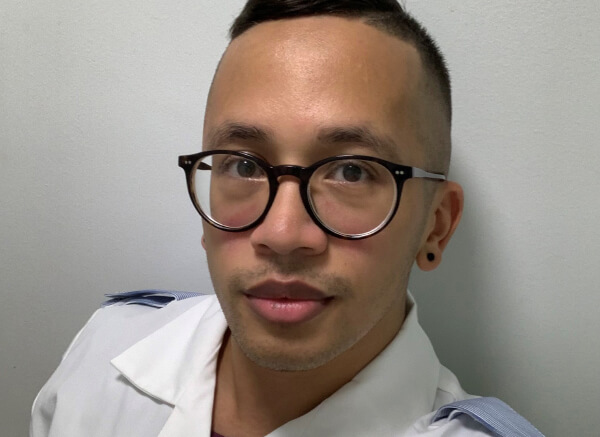
Darius Leung-Kwok
Qualifying during a pandemic has actually been a positive thing – we’ve had all these experiences that only the class of 2020 will have. For me, it feels like the world is my oyster and I’m just eager to get started.
DARIUS LEUNG-KWOK
From ward to classroom
Alumna Zahra Khan (PGCert in Clinical Education, 2017) qualified as a midwife in 2013.
‘I’d always been interested in the sciences, and in particular women’s health. I still find it perplexing that we study health, and then women’s health as a separate specialism, in spite of being more than half of the population. Midwifery really interested me as the focus was purely on women and their advocacy, at what can be a vulnerable time in their lives.’
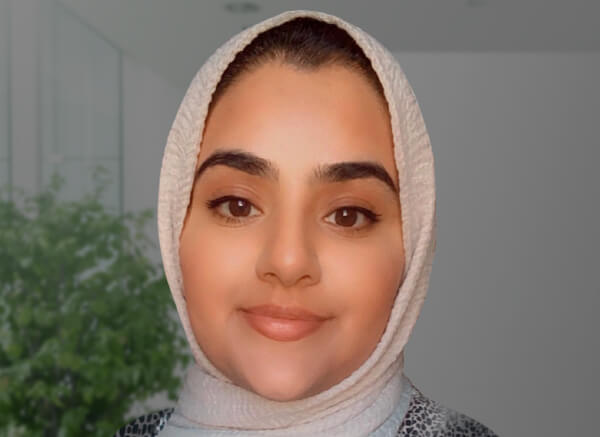
Zahra Khan
Zahra began her clinical career as a midwife at University College Hospital London, gaining specialised experience in multiple pregnancies, and patients who have experienced female genital mutilation. ‘I never anticipated an academic career, but in the time that I was practising, I was always looking for opportunities to advance myself clinically. During that time, I found that I also loved mentoring students on their placements. So, when a part-time opportunity came up to be a clinical teacher, which is a fantastic blend of academia and clinical practice, I went for it.’
Midwifery really interested me as the focus was purely on women and their advocacy, at what can be a vulnerable time in their lives.
ZAHRA KHAN
Now a Teaching Fellow in Midwifery, Zahra’s days are just as fast-paced as they were when she was a practising midwife. ‘I might be teaching or organising my modules, supporting students in the clinical area, attending meetings, marking or managing my cohort. Each day is different.’
As London, and King’s, went into lockdown, Zahra and her colleagues worked harder than ever to ensure that their students were kept informed and felt fully supported in such a challenging environment. ‘Part of being a nurse or midwife is being incredibly resilient and adaptable, which sometimes means just rolling our sleeves up and getting on with it – and that’s exactly what our students and department did. I feel inspired by our students and their dedication during this time – it’s been really impressive to witness.’
As we move further into the new academic year, Zahra is looking forward to the next steps in her career. ‘Equality, diversity and inclusion are huge passions of mine and, due to current events, these are finally being taken seriously. I’m hoping to build on this as an academic and early career researcher and hope to do a PhD in ethnicity-based inequalities in either health or education.’
Onward and upward
King’s had a full programme of events planned for the International Year of the Nurse and Midwife but, as COVID-19 took hold, the celebrations were moved online, giving us further pause to reflect on the sacrifice and contribution our nurses and midwives have given through the ages.
Speaking to InTouch Online, Professor Ian Norman, Assistant Principal (Academic Performance) & Executive Dean of the Florence Nightingale Faculty of Nursing and Midwifery, told us: ‘Nurses and midwives have been called upon several times during our history to contribute to improving public health. In 1918, during the deadly influenza pandemic, nurses promoted good hand hygiene and practised social distancing when visiting patients at home. And nurses and midwives have been on the front line during recent infectious disease outbreaks, including H1N1 swine flu, Ebola, severe acute respiratory syndrome (SARS), and Middle East respiratory syndrome (MERS).
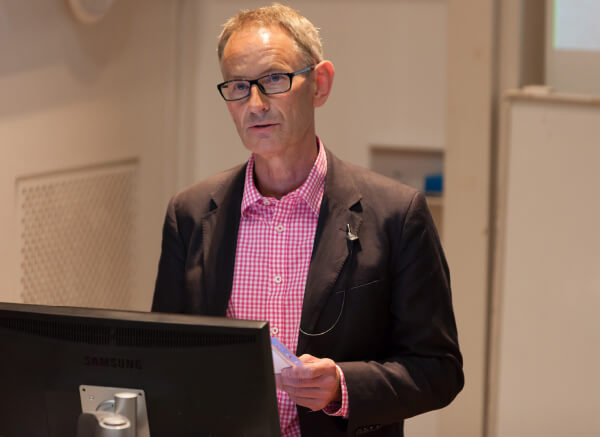
Professor Ian Norman
However, 2020 will be remembered by the present generation of student nurses and midwives, and those that taught them, as a year like no other. Our final-year students stepped forward to complete their programmes of study in the NHS to combat the coronavirus outbreak, and I am immensely proud of how they overcame the personal and professional challenges which confronted them. Our students took with them the professional values, knowledge, skills and flexibility needed to be excellent members of the NHS and make a vital contribution to the health service response to the pandemic. These are attributes that Florence Nightingale herself pioneered and which we continue to champion today for our nurses and midwives of the future.’
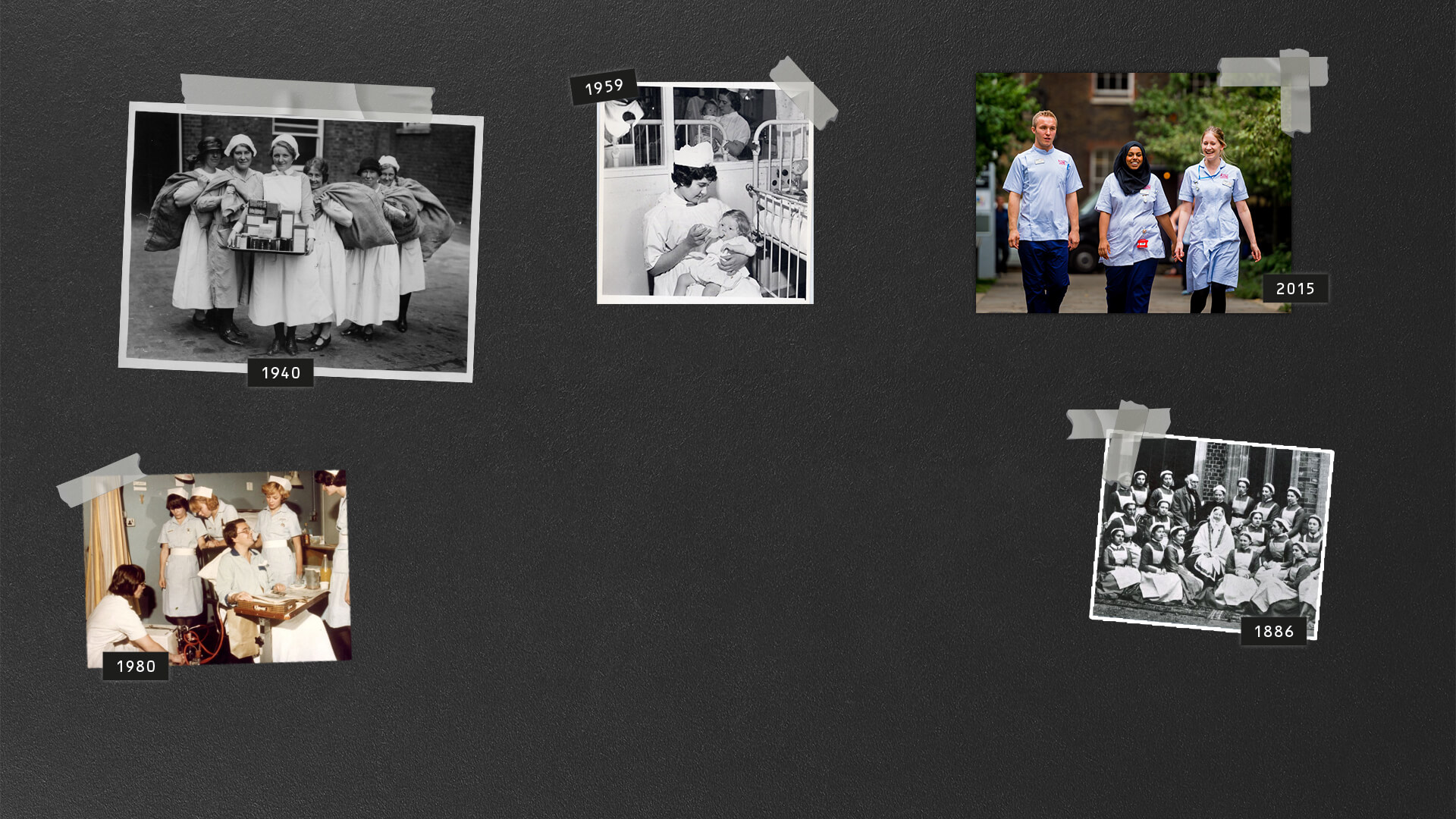
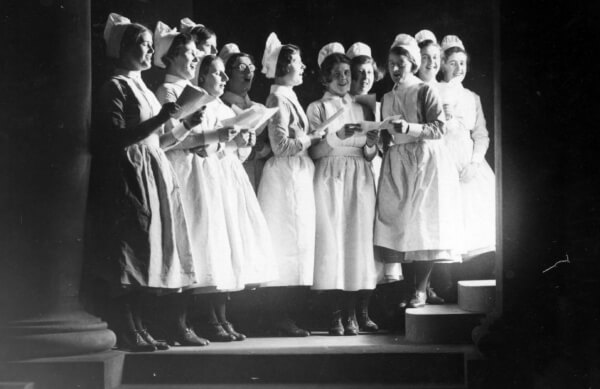
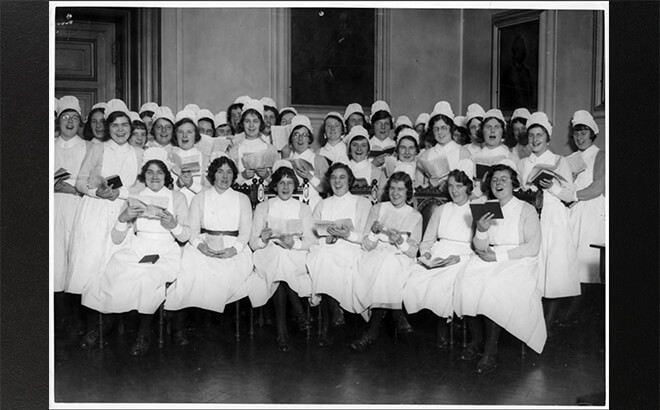
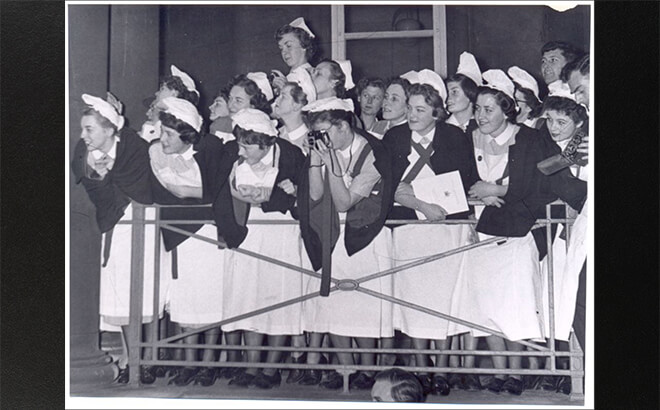
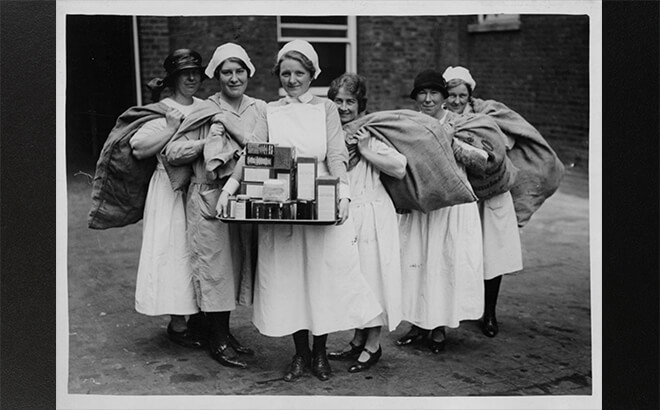
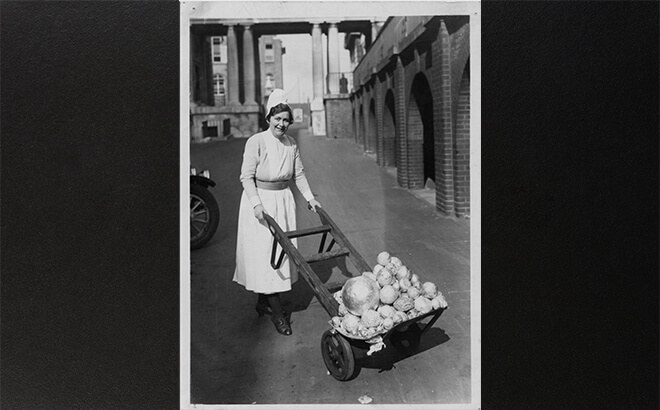
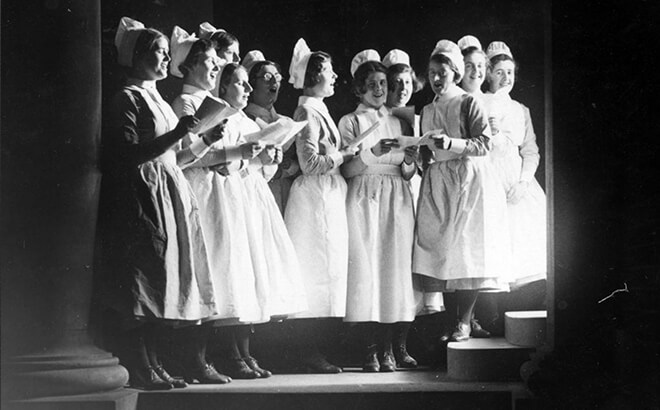
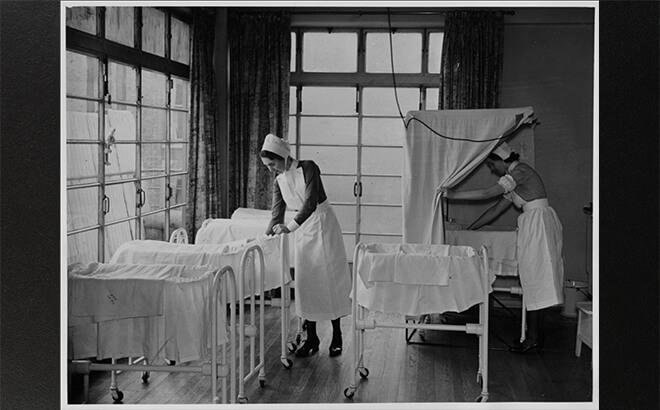
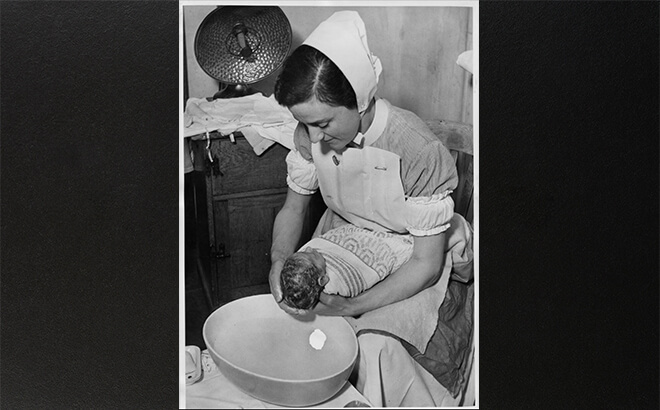
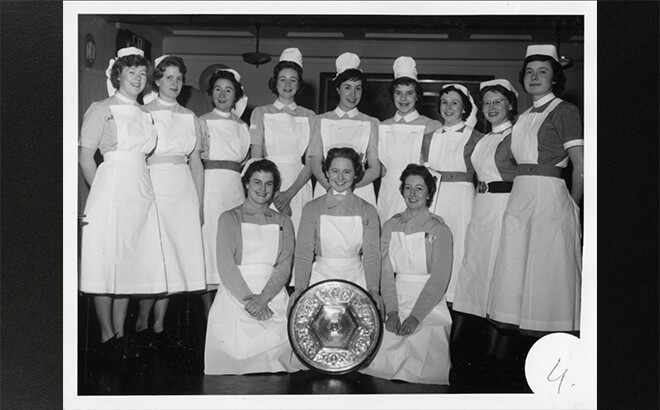
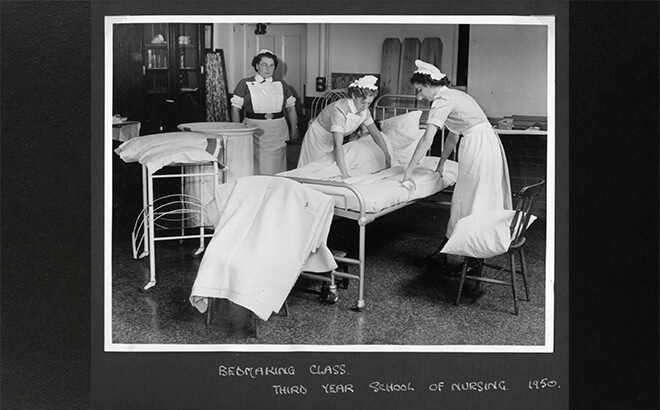
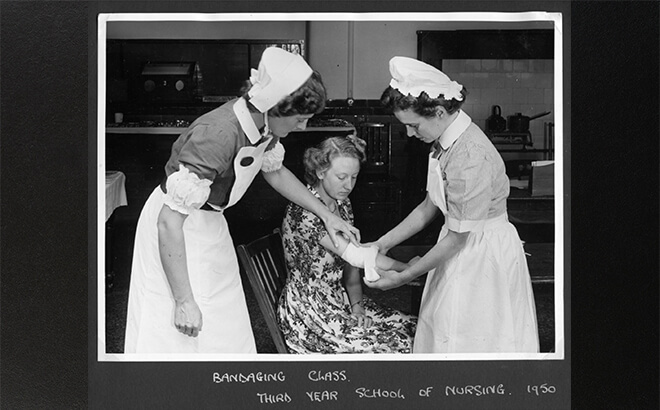
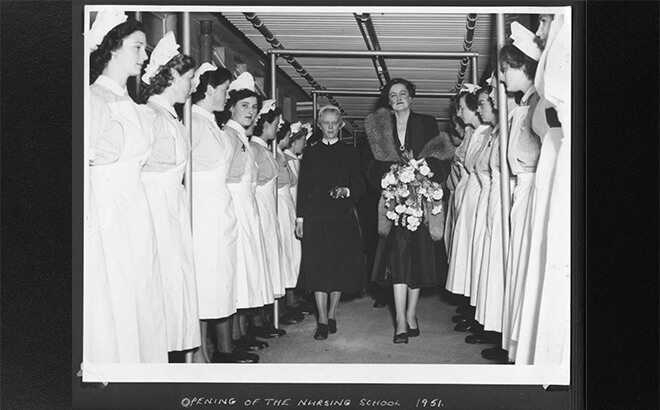
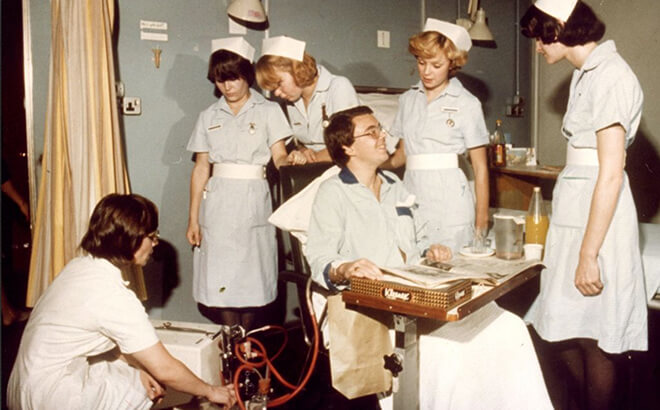
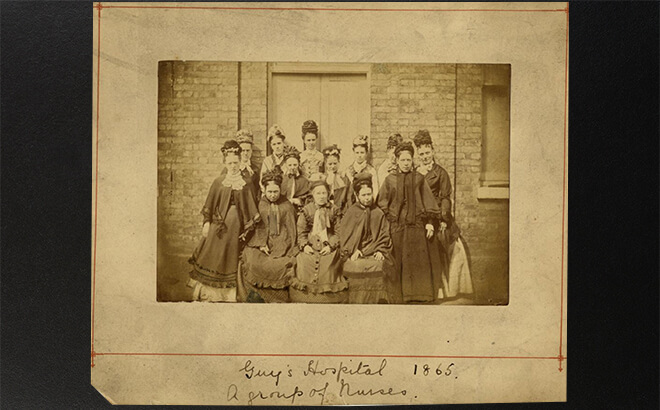
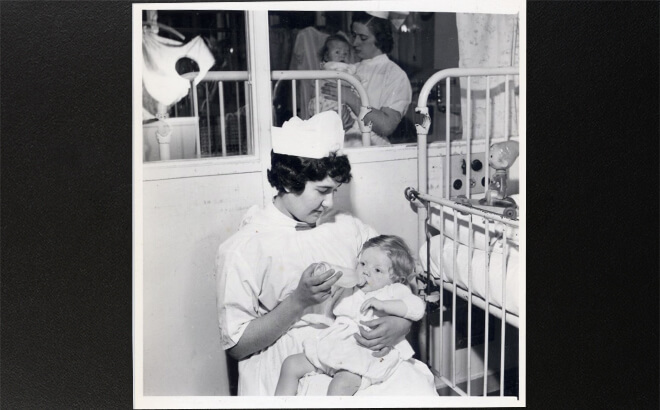
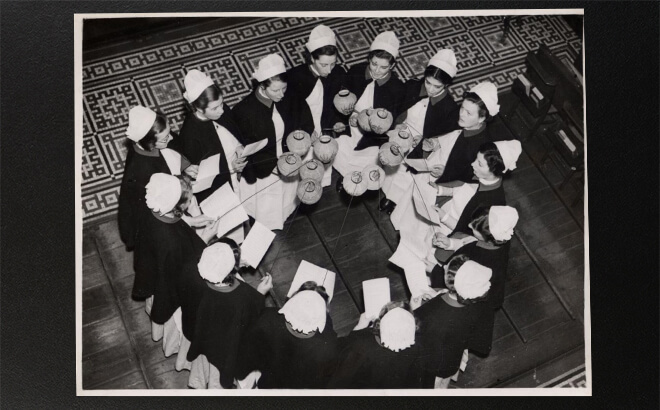
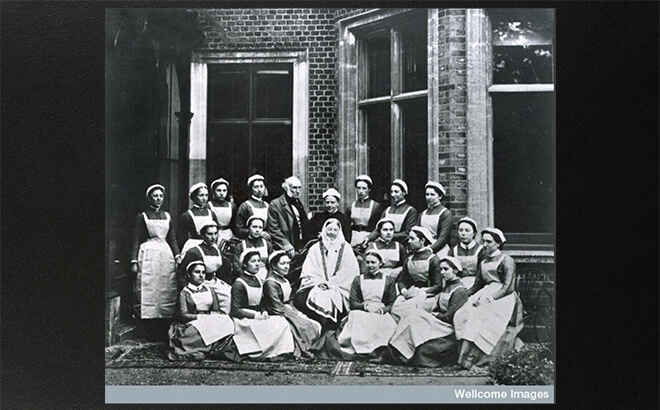
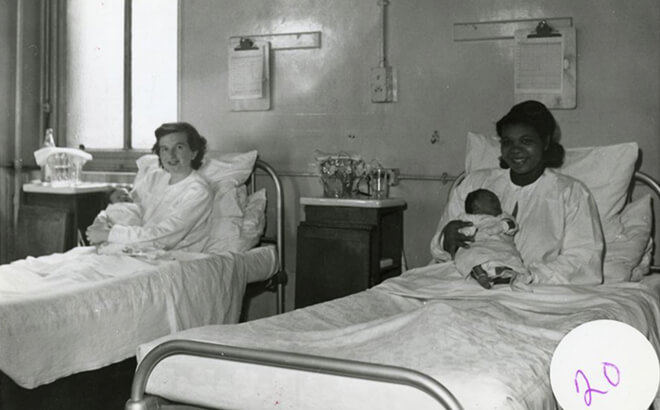
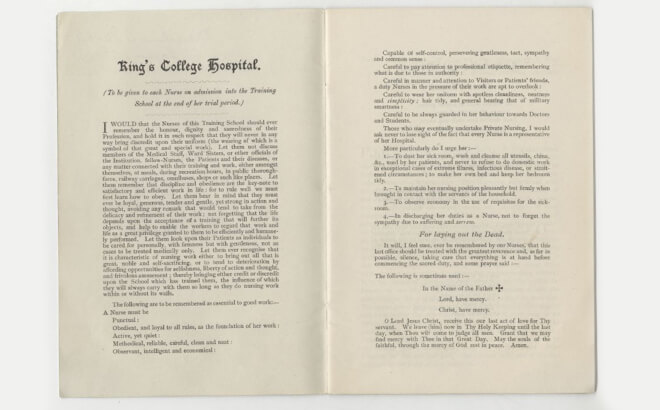
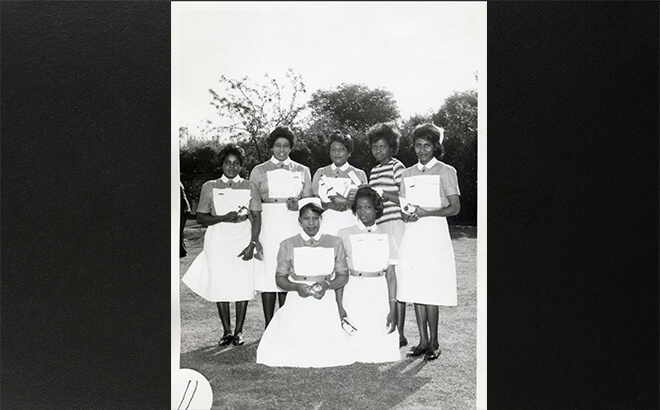
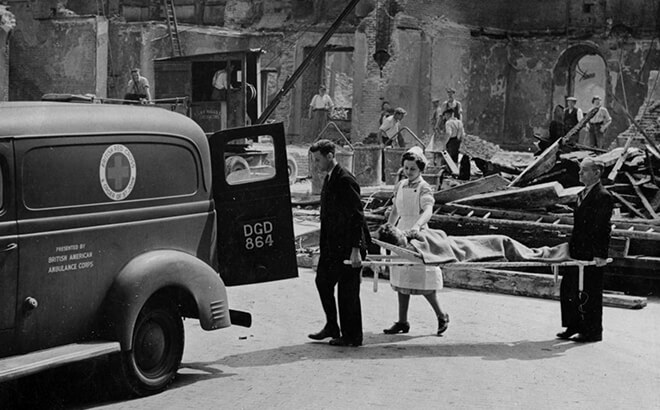
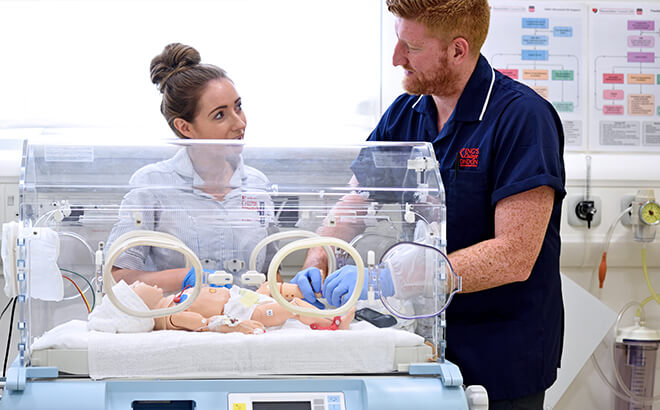

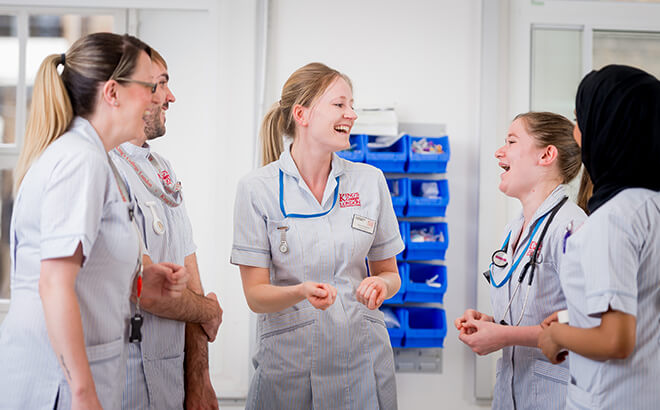
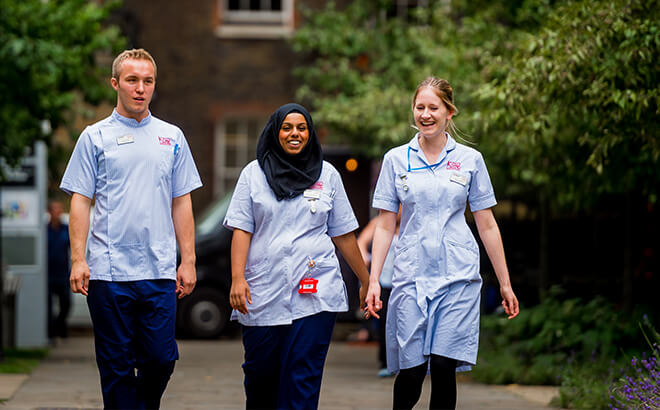
I graduated from Nightingale institute in general nursing in 1984. At that time the RN program was under Bromley Area Health Authority.
I am so proud of my heritage and future colleagues in the United Kingdom who stand strong during this time.
May their courage and strength continue to give them the stamina they need to treat the sick.
The legacy of Florence Nightingale will always shine through.